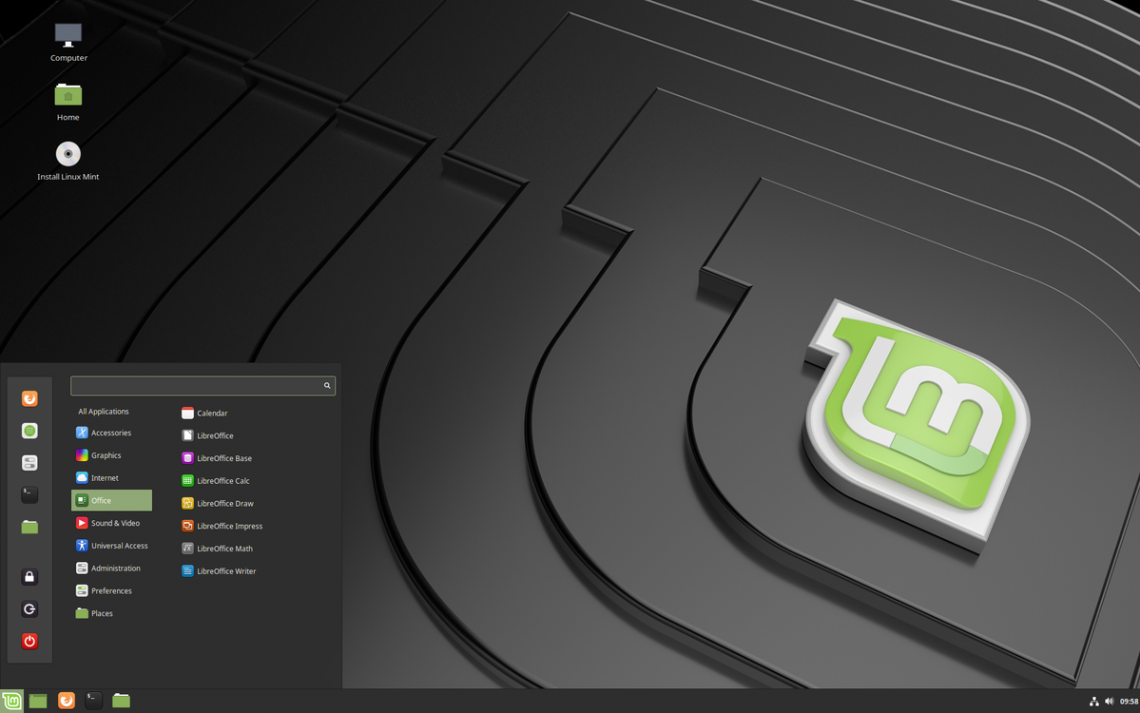
Intro to Computers: Linux
I’ve decided to take a break from my socio-political rants to talk about a lighter topic, computers. This will be a three part series talking about the top three Operating Systems: Windows, OSX, and Linux.
Operating Systems (also called “OSes”), like cars, each have its own benefits and faults. Linux is usually stable. It is Open Source, which means that anyone can modify the source code as they see fit. It is also free. Because of it’s Open Source policy, there are many flavors of Linux. The most used is Ubuntu. Linux has a market share of just over 1%. Typically, Linux works on just about anything, even old computers. The downsides are that it is less intuitive than other OSes and doesn’t offer much game support.
There are two main Graphical User Interfaces (GUI) for Linux: GNOME and KDE. The look and feel of Linux will depend on which you choose. Since there are so many flavors of Linux, and each flavor has it’s own version, I shall focus mainly on Ubuntu. Ubuntu was the first Linux OS to make some headway into the general population. For the longest time Linux was thought to be the “nerd’s system”. Due to it’s quick boot up time and a deal with Dell, Ubuntu is offered as the Default OS on some of their netbooks.
Since anyone can modify the code, the general idea behind Linux is that it is only limited by your skill and the hardware. Theoretically, you should be able to build a program in Linux that can operate your toaster. Whether your toaster can run Linux, is a different story.
Linux’s primary use is as a server. Since it is such a stable OS it is able to run for long periods of time without restarting. It also runs pretty well on legacy hardware, making it an excellent choice for people who want to get some extra life out of that old computer in your closet. Almost every website you visit (including this one) is hosted on a Linux machine.
Hardware support for Linux is pretty hit or miss. Either it works easily, or it is a pain in the ass to get it to work. Luckily, Linux is very community oriented. Ubuntu even means “I am what I am because of who we all are”. So if you have a problem with Linux that you can’t solve, there are plenty of Linux users there to help you.
Most programs don’t work on Linux due to the way it is built. However, there are usually really great FREE options that do work, and work well. For instance, while Microsoft Office isn’t supported, LibreOffice is and can even open and save Microsoft Office files. With Linux it is completely possible to do everything a Windows computer can do… without paying a dime.
This concludes my three part series on Operating Systems. You can also see my take on Windows and OSX.



One Comment
Pingback: